The End Austerity Campaign
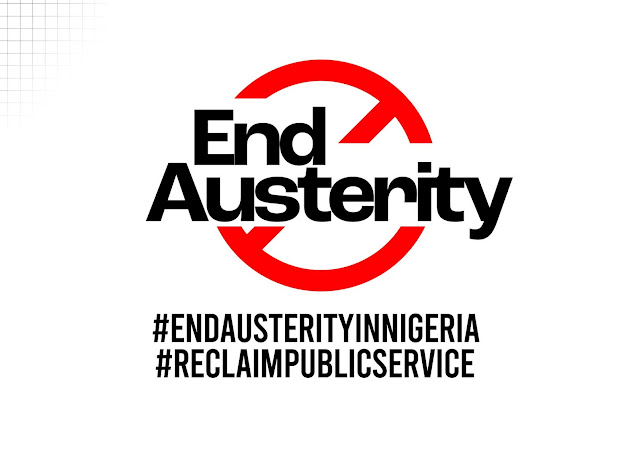
The lives of Nigerians changed significantly on May 29, 2023, when President Bola Tinubu said the infamous words “subsidy, gone”
The 2024 Future of Health Conference

I was glad I attended the Future of Health Conference this year. There are ideas around climate action that we will pursue in 2025 and I am pumped for them.
Building Climate-Resilient Health Systems For Global Health Security

Although Jos is still colder than many parts of the country, it is no longer the famous cold city. This is the impact of climate change.
Summit for Girls at the Wassa IDP Camp
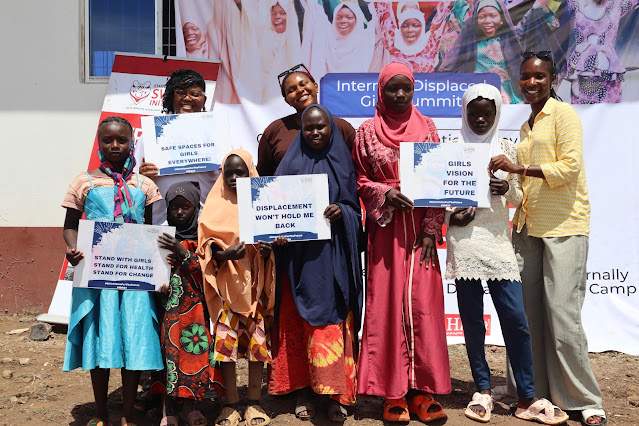
Education is a fundamental right that breaks down inequalities and sparks sustainable change, especially for girls facing significant barriers.
Stitching Wounds with Wisdom
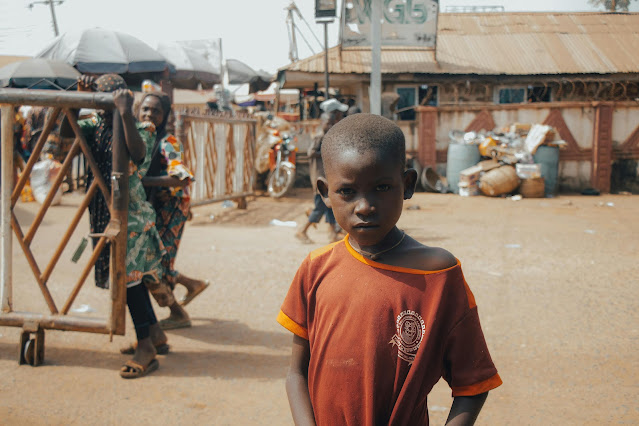
Today, we remember the people of Africa and beyond, whose lives have been marred by the relentless scourge of insurgency and terrorism
Peace by Piece: Building a Brighter World Together

We exist in a world that is overwhelmed by chaos and challenges, and the concept of peace can easily get lost. Yet, what if peace was not just an abstract idea
Interview with Ramatu Ada Ochekliye

Our Founder, Ramatu Ada Ochekliye, was interviewed and featured on the Smart Girl Stories website. She shares why she chose a life of activism through Shades of Us.
Kamala Harris: Institutionalizing Reproductive Justice

Reproductive health rights in America are deeply intertwined with issues of racial inequality, particularly affecting Black women
African Mothers Deserve Better
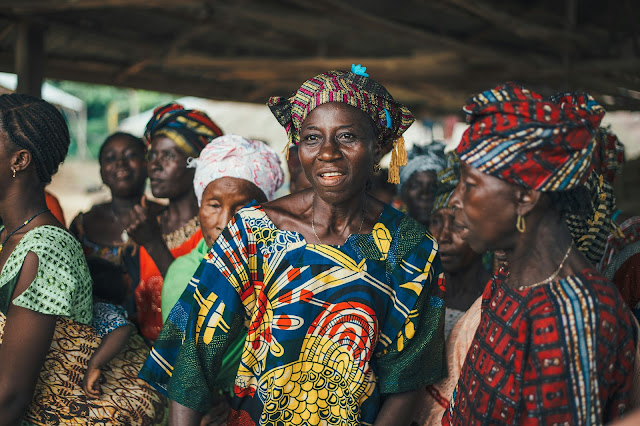
Maternal health stands as a vital pillar of public health, crucial not only for the well-being of mothers but also for the future generations they nurture.
Return That Shame
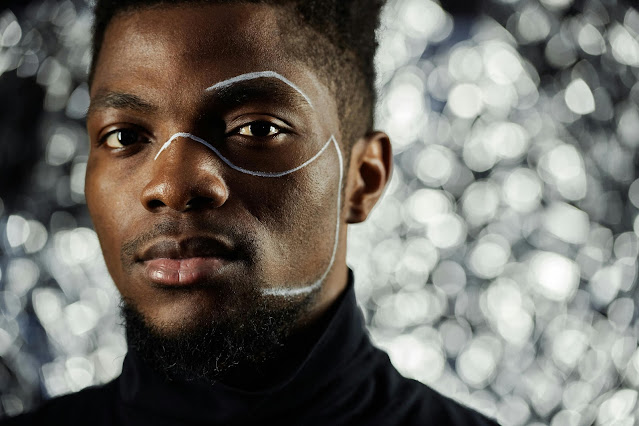
I am going to have to hold your hands when I say: package the shame that has been sold to you over the years and send it back to the owners.

